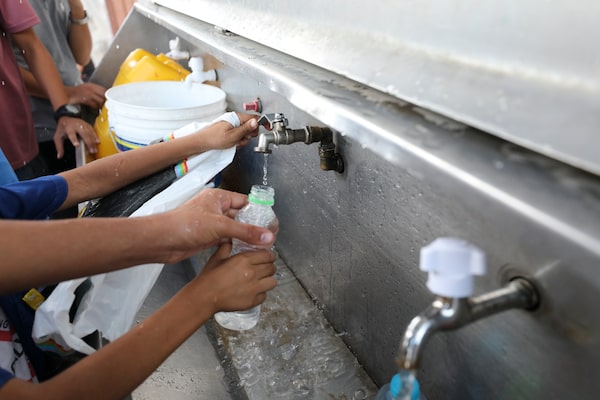
Palestinians collect water in Nuseirat camp in the central Gaza Strip during ongoing Israeli bombardment on Oct. 17.Hatem Moussa/The Associated Press
Caught in the unfolding humanitarian crisis in the Gaza Strip are some 50,000 pregnant women who are unable to access safe medical care.
More than 150 babies are being born in Gaza every day amid ferocious Israeli air strikes on the densely packed strip – and as hospitals are running perilously low on medicine, electricity and clean water, said Dominic Allen, representative for the United Nations Population Fund, or UNFPA, to the Palestinian Territories.
At Gaza’s main al-Shifa Hospital, births are down to 21 a day from a pre-war 30 to 40, indicating some women are unable to access health care, Mr. Allen said in an interview at the UNFPA’s office in East Jerusalem. Those who do make it to the hospital are being discharged two or three hours after giving birth so that the hospital can make space for other patients.
“And this is a health care system that was already on its knees following the blockade that started 16 years ago,” Mr. Allen said, referring to Israel’s tight controls of what goes in and out of the Gaza Strip, which has been under the control of the Hamas militant group since 2007. “Now with this latest war, it’s crippled. It’s a catastrophe.”
He said that UNFPA – which focuses on the specific needs of women and girls in crisis zones – had received reports of water being rationed down to one litre per person per day, a third of what a pregnant woman needs to survive, not including cooking and cleaning needs. UNRWA, the separate UN agency for Palestinian refugees, said on Tuesday that there was only enough fuel in Gaza to provide electricity for another 24 hours.
Israel-Hamas war live updates for Oct. 17
Mr. Allen said that it was essential to open the Rafah border crossing between Egypt and Gaza so that supplies could reach hospitals on the verge of complete collapse. “We’ve got trucks lined up at the border right now,” he said. “They’re ready to go.”
More than 2,800 Palestinians have been killed in Israeli air strikes over the 11 days since the Hamas militant group staged a cross-border invasion into southern Israel, killing more than 1,400 people.
On Tuesday, UNRWA said six people had been killed in a strike on one of the schools it manages in Gaza. More than 500,000 Gazans have taken refuge at 98 UNRWA schools around the strip since the start of the bombing campaign.
“The situation is dramatic, especially as we can no longer truly assist people. We don’t have supplies, we don’t have water,” said Tamara Alrifai, UNRWA’s director of external communication. “My colleagues are doing all kinds of mathematical formulas about calorie intake so they can ration whatever supplies they have.”
UNFPA’s eight Gaza-based staff members and their 33 dependents are also caught up in the crisis, Mr. Allen said. All are based in the northern Gaza Strip, which Israeli troops have called on civilians to evacuate ahead of an expected ground invasion.
Mr. Allen said UNFPA’s procurement and logistics specialist in Gaza saw his home destroyed on the same day as he was working out how to deliver 6,000 vials of magnesium sulfate – a lifesaving medication for pregnant women suffering from preeclampsia – to Gaza’s main hospitals. The vials had been pre-positioned before the latest outbreak of violence, and there’s currently no way to get new supplies.
Mr. Allen said there were already “huge amounts” of medical shortages in Gaza. “Pregnant women are at significantly more risk than they were 10 days ago. The stories of what they’ve had to go through are really chilling,” he said. “The risks that they’re under, the stress that they’re under, is something that we’re really worried about.”
Another worry, he said, was that doctors with extremely limited time and resources were being forced to make choices between trauma patients wounded in the air strikes and women with complicated pregnancies, potentially needing cesarean sections.
He called for the siege of Gaza to be lifted, for international humanitarian law to be respected and for Israel to “make sure that hospitals and health centres are not a target so that women can then move to those places when they need to.”
Mr. Allen said the UNFPA was also concerned about the rising violence in the Israeli-occupied West Bank and was pre-positioning additional supplies and mobile maternity clinics there. He said a Palestinian woman had recently given birth at an Israeli checkpoint near the city of Hebron.
While Israel withdrew its soldiers and settlers from Gaza in 2005, it has maintained a military occupation of the West Bank – the other half of the land Palestinians want for an independent state – since the end of a 1967 war.
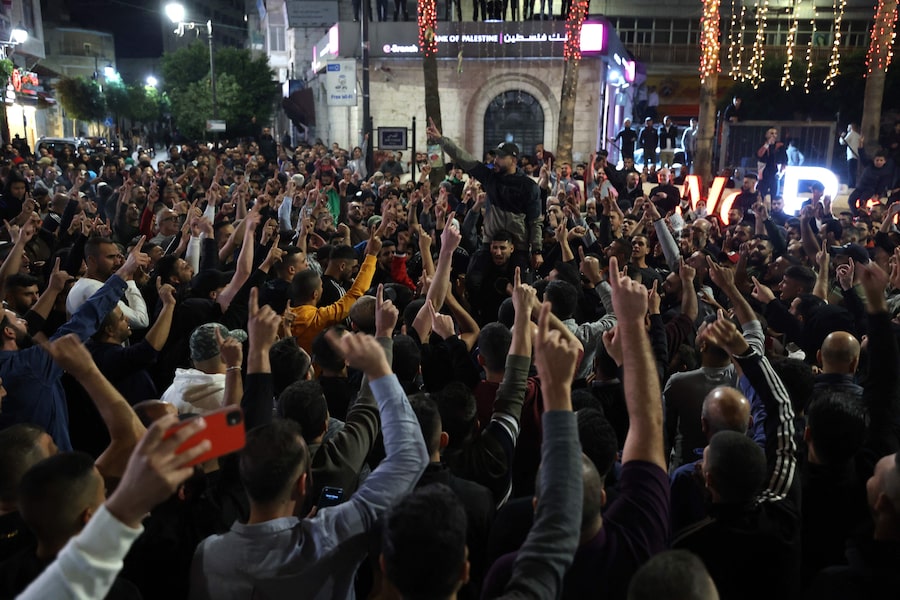
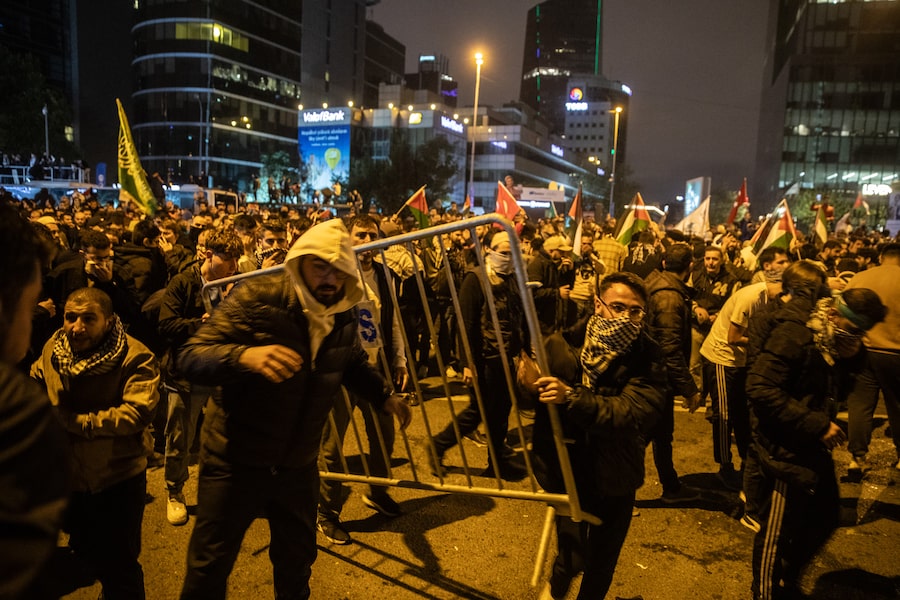
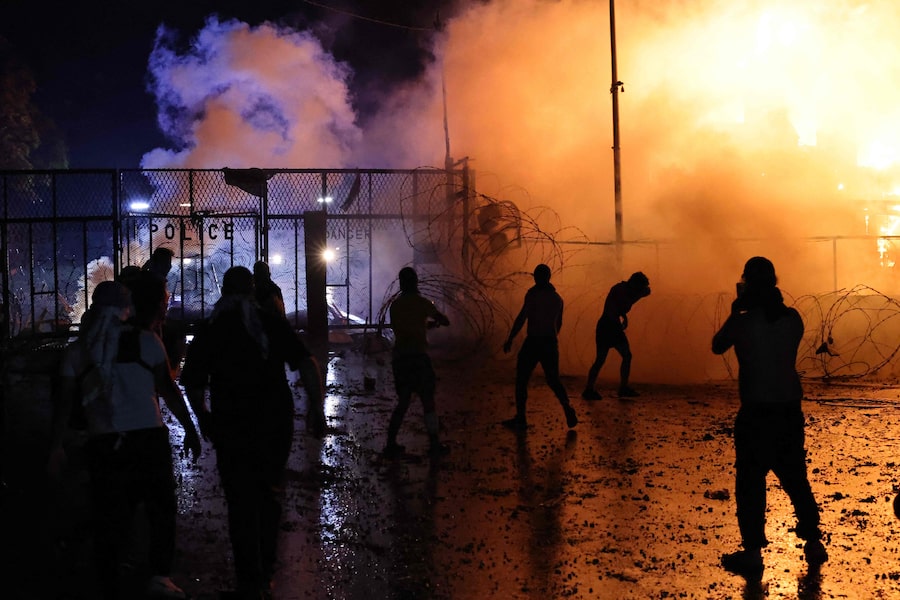
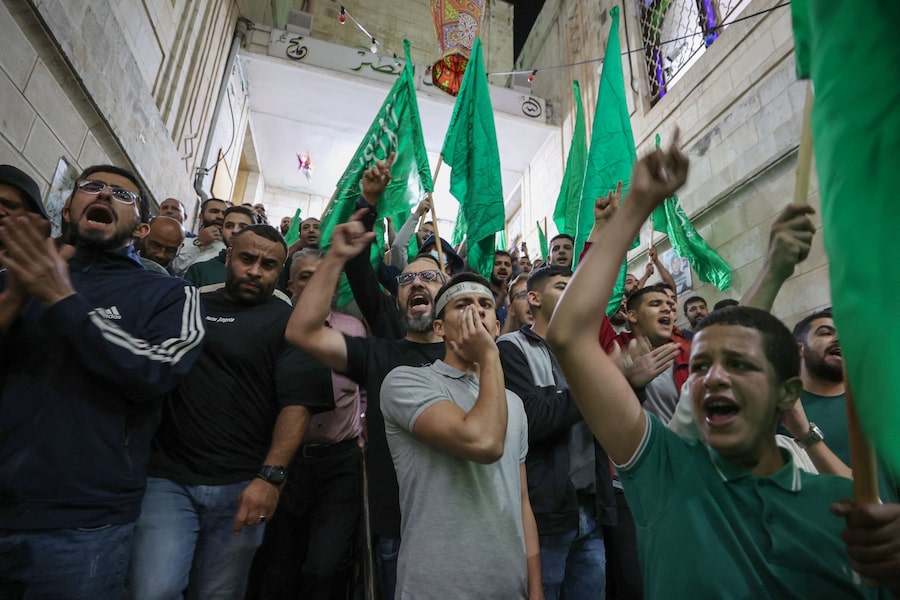
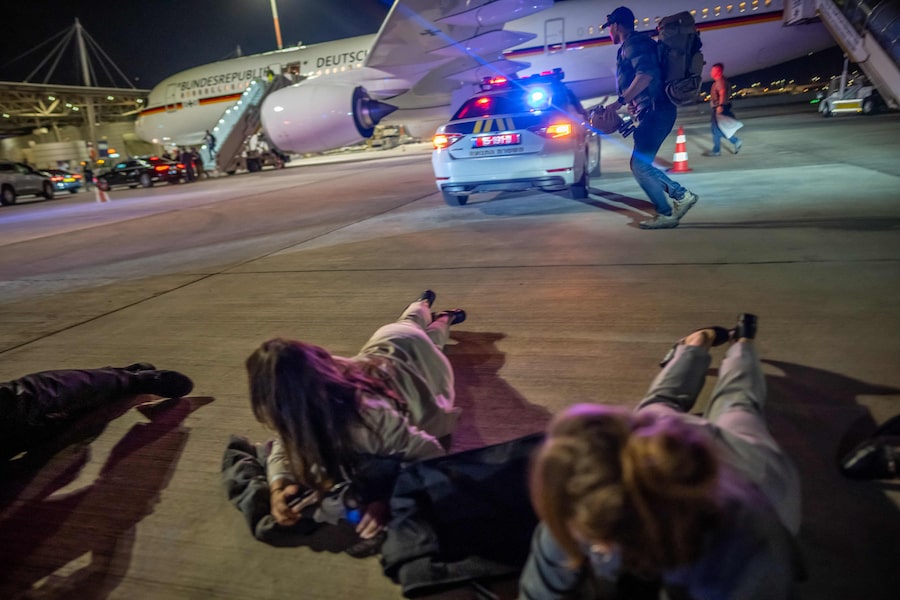
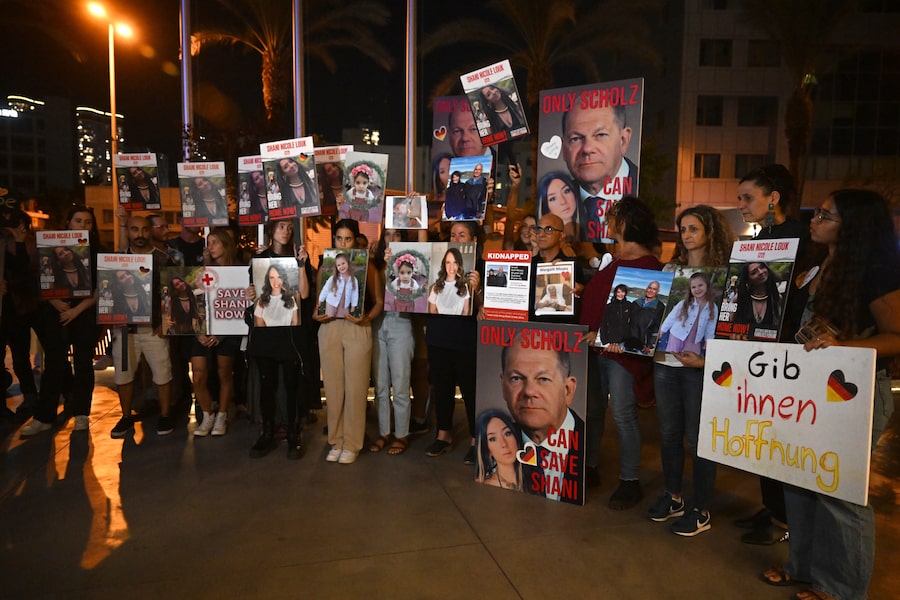
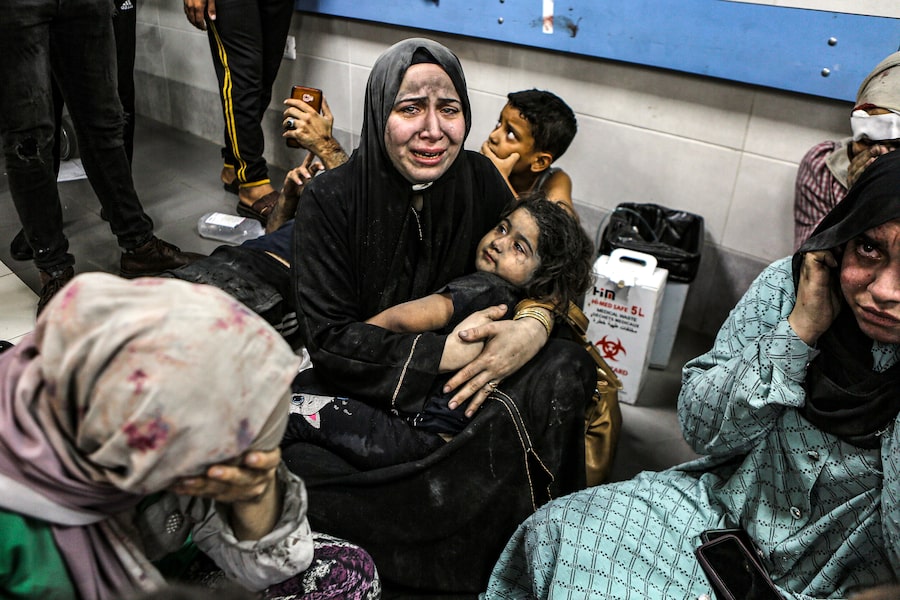
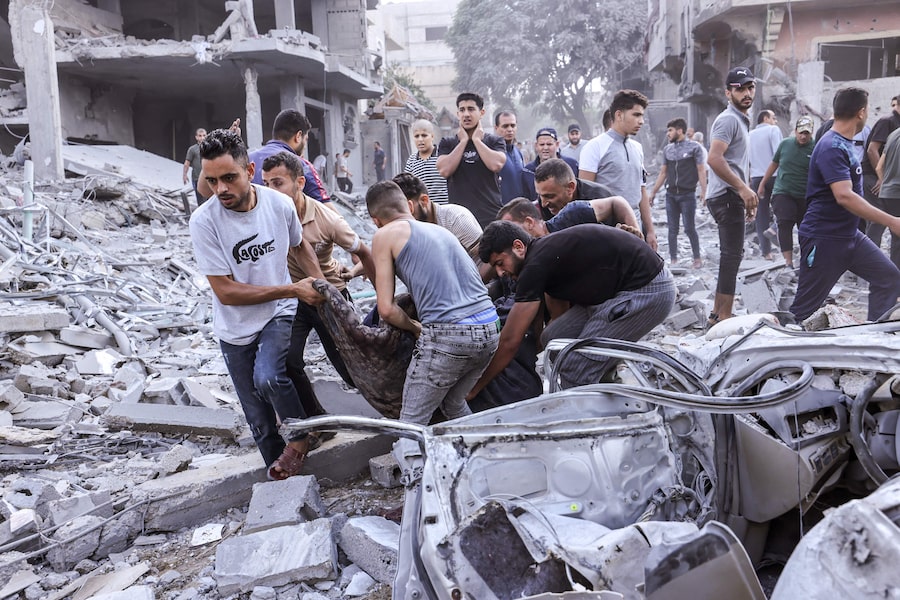
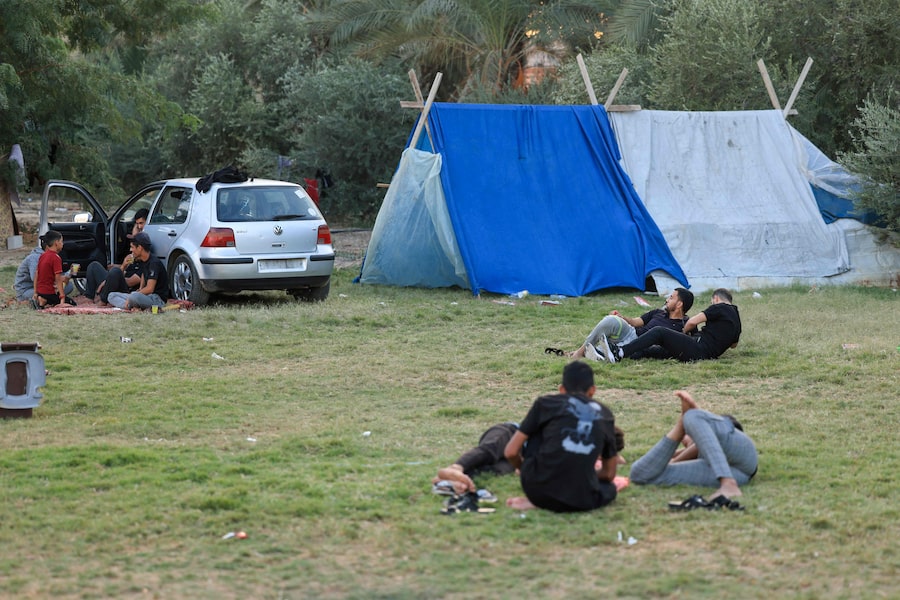
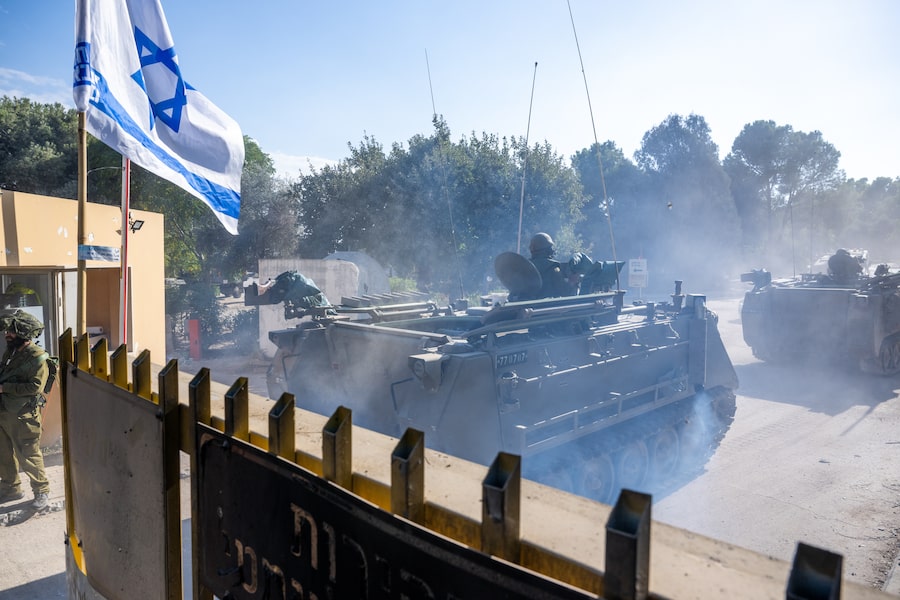
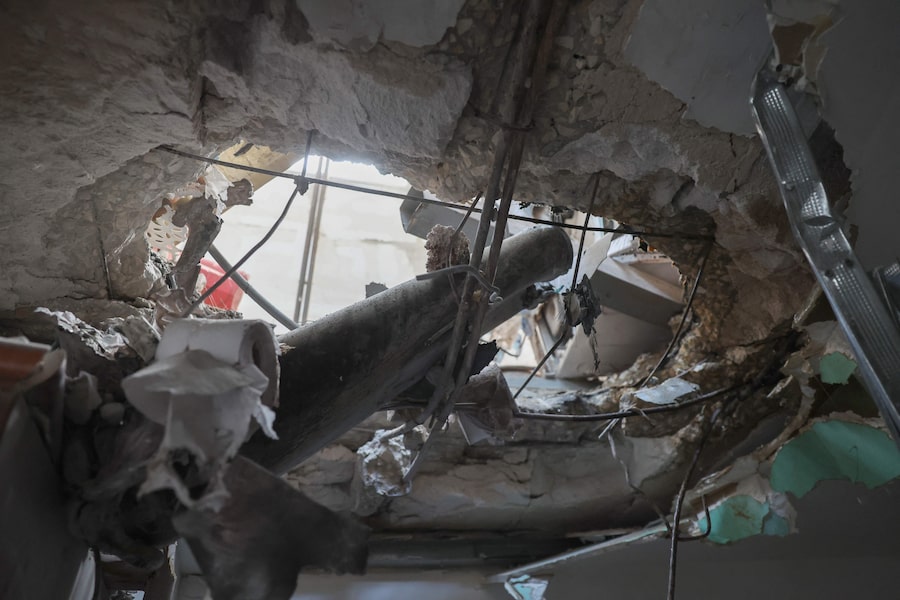
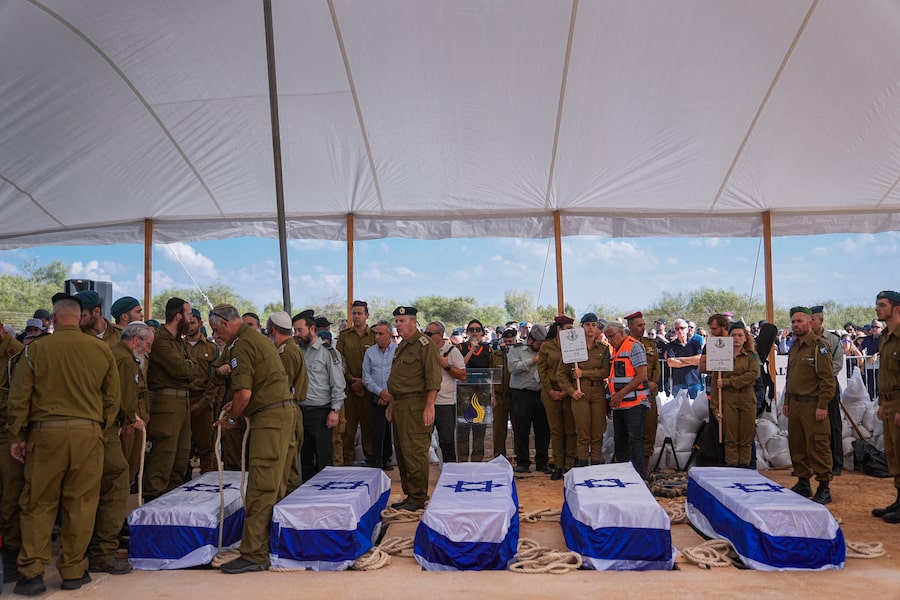
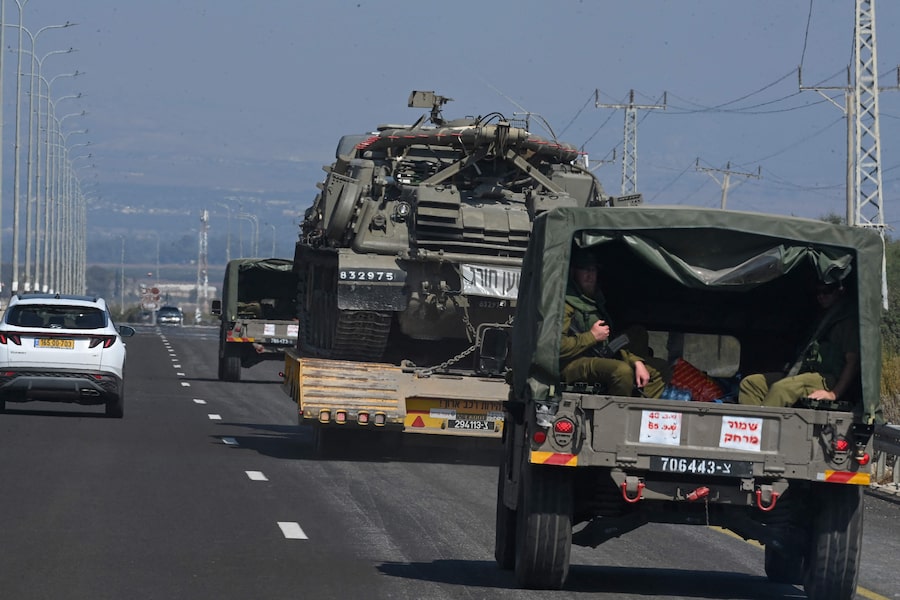
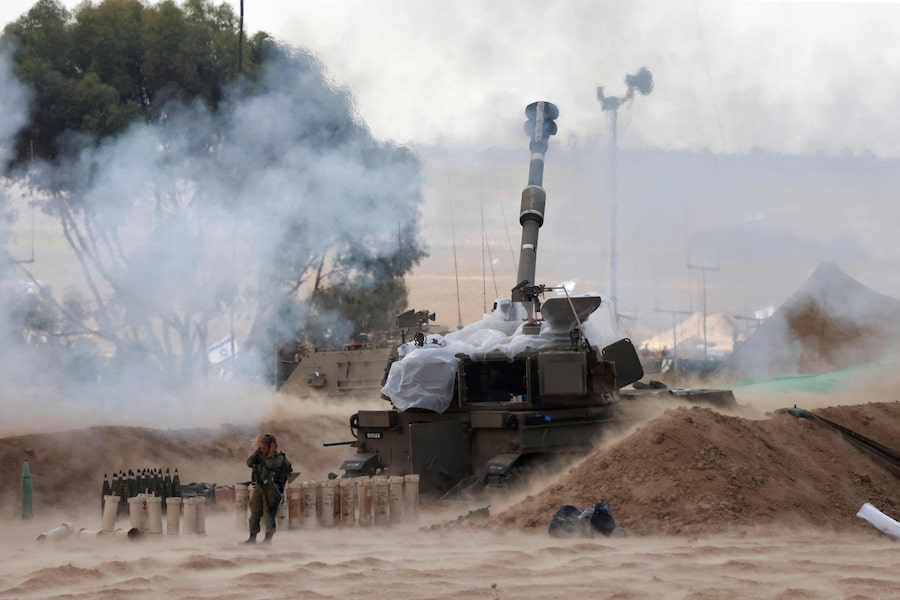
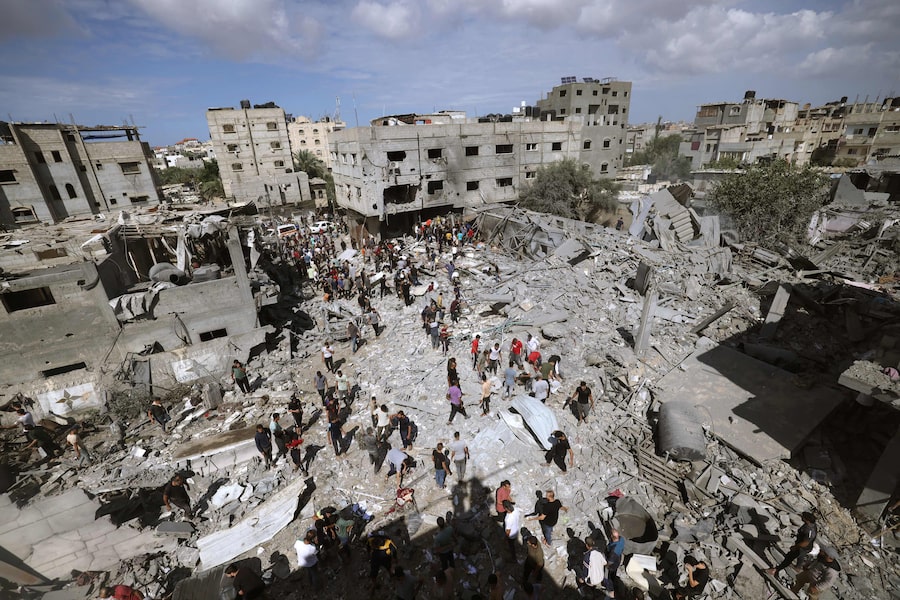
 Mark MacKinnon
Mark MacKinnon